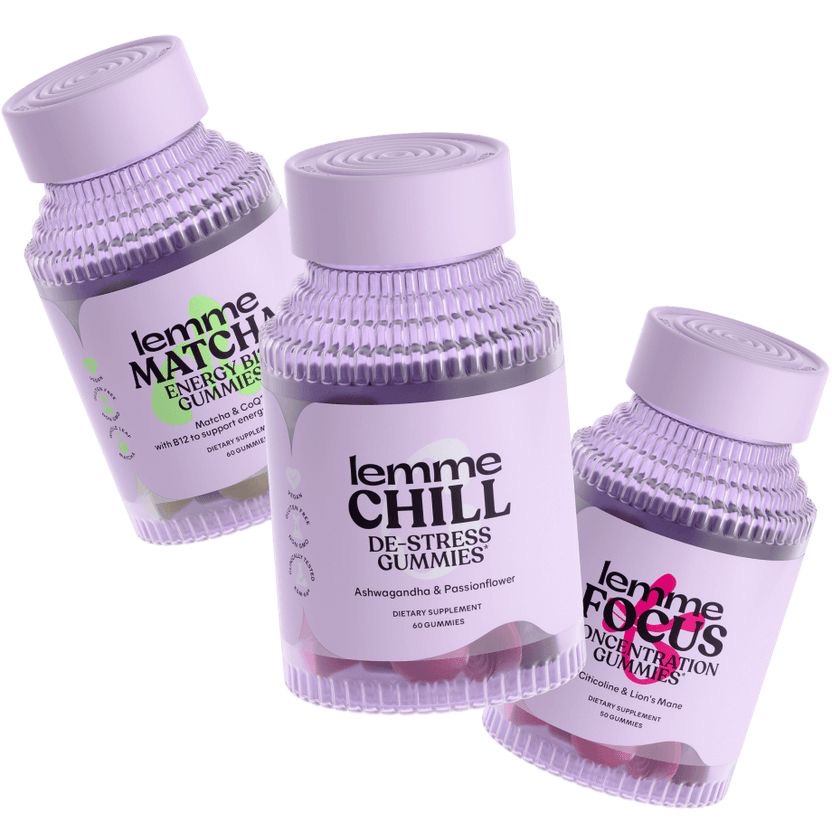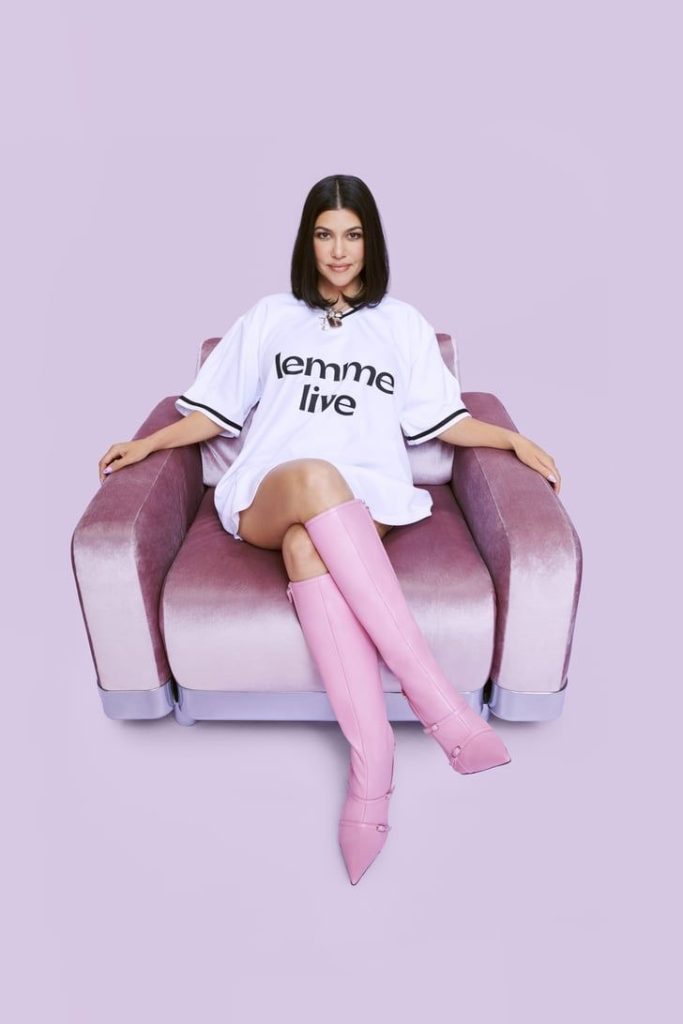Kourtney Kardashian’s wellness brand, Lemme, is a testament to the power of celebrity culture and its role in driving consumer behaviour. Through carefully curated marketing and the weight of Kardashian’s public persona, Lemme has positioned itself as more than a collection of supplements. It’s a lifestyle, a promise of better living, and a subtle directive to consume to pursue personal wellness. This interplay of celebrity influence and media complicity directly ties into the concept of manufacturing consent, as Edward S. Herman and Noam Chomsky explored.
The media surrounding Lemme operates as a mechanism for manufacturing consent, shaping public perception and encouraging widespread acceptance of the brand’s underlying messages. When we encounter Lemme on social media, in celebrity interviews, or even in casual recommendations from influencers, we witness a convergence of interests between Kardashian, her brand, and the media platforms that amplify her voice. These platforms, often reliant on advertising dollars and clicks, are incentivised to highlight Lemme positively, giving little room for scrutiny or critique.
Manufacturing consent isn’t just about suppressing disagreement; it’s about creating an environment where questioning the status quo feels unnecessary. With Lemme, the media doesn’t outright suppress critical voices. The overwhelming volume of positive coverage, coupled with Kardashian’s cultural status, creates an illusion of universal approval. This normalises the products themselves and the idea that wellness is something we must buy to achieve.
The media acts as a filter, much like the one described in Herman and Chomsky’s framework. It elevates narratives that serve corporate and elite interests, in this case, the commodification of wellnessŌĆöwhile marginalising perspectives that might challenge the need for products like Lemme in the first place. For example, instead of exploring systemic issues like workplace stress or societal pressures that drive demand for stress-relief supplements, coverage of Lemme reinforces the idea that the solution is personal responsibility, achievable only through purchasing the right product.
Celebrity culture plays a crucial role in reinforcing this consent. Kourtney Kardashian’s image is carefully crafted to align with the brand’s values: she’s not just a businesswoman but a mother, a health-conscious individual, and someone who seemingly “gets it.” Her audience sees her as something other than a marketer. They see her as a role model. This emotional connection is critical to manufacturing consent, shifting the narrative from “buy this because it’s profitable” to “buy this because it’s good for you.”
The public’s willingness to accept Lemme without question is a testament to how deeply embedded these mechanisms are. The wellness industry relies on this unquestioning consent to thrive. The very premise of Lemme is that your well-being depends on a gummy or a supplement capitalising on insecurities fueled by media narratives. These insecurities are often manufactured and perpetuated by the same media channels promoting solutions like Lemme.
What makes this dynamic so effective is its invisibility. When consumers see a post about Lemme Chill or Lemme Sleep, they must consciously consider how the media and celebrity culture work together to shape their perceptions. Instead, they see a solution to a problem they’ve been told they have a problem framed as personal and solvable through consumption. This framing is key to manufacturing consent: it ensures that systemic critiques are replaced by individual solutions, reinforcing a culture of consumption while deflecting attention from the structures that create the very issues these products claim to solve.
Reference List
Jones, M. O. (2018). Celebrity influence on consumer behavior: The role of social media in marketing
Herman, E.S. and Chomsky, N. (2002).┬ĀManufacturing Consent: The Political Economy of the Mass Media. New York: Pantheon Books.



Hi! Ann! I think you have analysed the deep connection between celebrity culture, media influence and consumer behaviour very well, and cleverly applied the theory of “making consent” to the analysis of Kourtney Kardashian brand Lemme. The article mentions that Lemme has created an “unquestionable” consumption environment through the celebrity effect and media channels. This view is very inspiring, and I think more specific examples can be provided to support this assertion. For example, how does Lemme’s specific marketing strategy make consumers accept and recognise the brand through advertising, social media and cooperative promotion? Further combined with specific case analysis, readers will be easier to understand how this mechanism works.
Generally speaking, I think your logic is clear and your perspective is unique, but if you can add more specific examples and multi-dimensional discussions, it will make your views more convincing. Well done!
The article critiques celebrity-driven wellness brands like Lemme, arguing that they exploit societal dynamic and manufacturing consent mechanisms. It critiques the intertwining of celebrity culture and the wellness industry, promoting personal wellness through consumption rather than addressing systemic issues. The article suggests a deeper exploration of consumer choice. It also highlights the “illusion of universal approval” surrounding Lemme and the lack os critical dialogue. This is a compelling critique of the way celevrity culture shapes public perception and consumer behavior, but expanding on the consumer’s personal agency and the emerging counter narratives in the wellness space could enrich the discussion further.
Your blog post is a friendly and thought-provoking look at how celebrity culture and media shape our choices, especially in the wellness industry. It dives into Kourtney KardashianŌĆÖs Lemme brand as an example of “manufacturing consent,” using ideas from Herman and Chomsky to explain how it all works.
Your post points out how the media often presents consumerism as the way to achieve wellness, while ignoring larger societal issues, which shows just how powerful these influences can be. You argues that the way health and well-being are marketed feeds on our insecurities, often through carefully crafted narratives.
By discussing the Kardashian persona as a way to connect emotionally and aspirationally, the piece highlights how the media creates a feedback loop that encourages us to consume more and pushes aside voices that might challenge whether products like Lemme really help or just distract us from bigger problems.
Overall, itŌĆÖs a fantastic read that invites us to think about what we choose to consume and the reasons behind those choices!